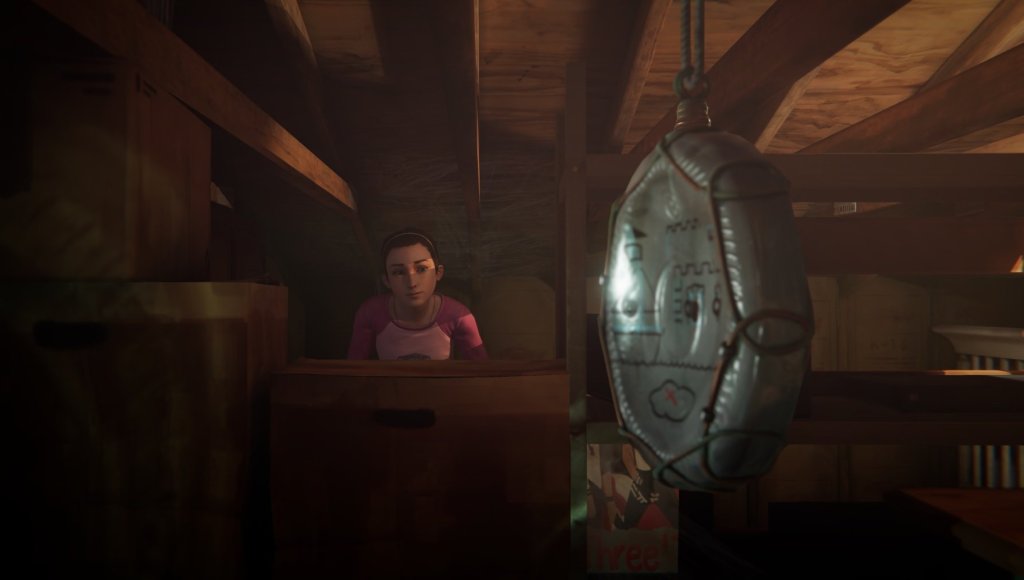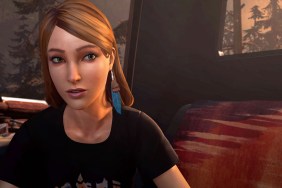Usually when a sequel or spin-off is being made, the developers strive to stay true to the most notable elements of the first game. Back at the GDC, which took place in March 2018, Life is Strange: Before the Storm narrative director Zak Garriss explained how such practices presented a great challenge when he worked on his game.
The first Life is Strange game told a story about a teenage girl who had time-controlling abilities. It was up to the player to complete this narrative, leading to one of two considerably different outcomes. In any case, Life is Strange: Before the Storm was difficult to continue as a series, without making one of those outcomes part of the canon. And, naturally, if they ended up choosing one of those, they could have upset the fan base. So, what about time-traveling and similar super-powers? Well, they finally decided to write a prequel, which tells the story of Chloe, a side character from the original game – the narrative unraveled, leading players to similar climactic decision-making. Of course, what also happened was, the developer ditched the supernatural time control mechanic.
“And a big part of that I think is a willful interest in the dev community to push beyond simply empowerment narratives. We’re not just making games that are about having a jetpack, or being super-strong, or being able to shoot 100 dudes in the head. I mean, all those things can be really fun, and we are continuing to shoot dudes in the head, but we’re also trying to do other things now. We have games like Journey, like Life is Strange, Edith Finch, that are weird, that are odd, and that aren’t hinging completely on the coolness of flying, but are rather actually trying to talk about real human experiences,” Garriss says.
So, why is all of this important to players? For one thing, it is vital to see creative minds and various development studios working their best to shape such edgy and intricate narrative paths for a single video game experience. It’s a fine road to innovation in video games, and we need innovation, especially in terms of story-telling. More importantly, this is not an indie endeavor. We are seeing more big-name publishers like Sony and Square Enix putting their money into such stories (well, okay forget Square Enix).
[Source: Gamesindustry.biz]








